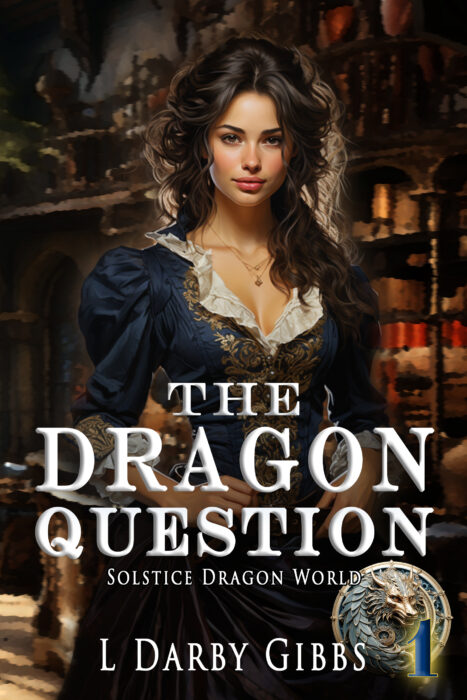Poorly written stories make for a blurry book, lacking color Lately, due to my lighter teaching schedule, I have been reading a book a week, minimum. (Last year, a book every two months was my average.) Usually I will read a book to the end, waiting for it to redeem itself if it is less…
Tag: Editing
Pick out a room in your house or apartment that you would love to remodel. Imagine the changes you would make. What different furniture would you prefer, paint scheme, layout, window type? Think about every detail: baseboard, electrical switches, trim around the doors, what is in the vase of flowers, scent. capture the details When…
